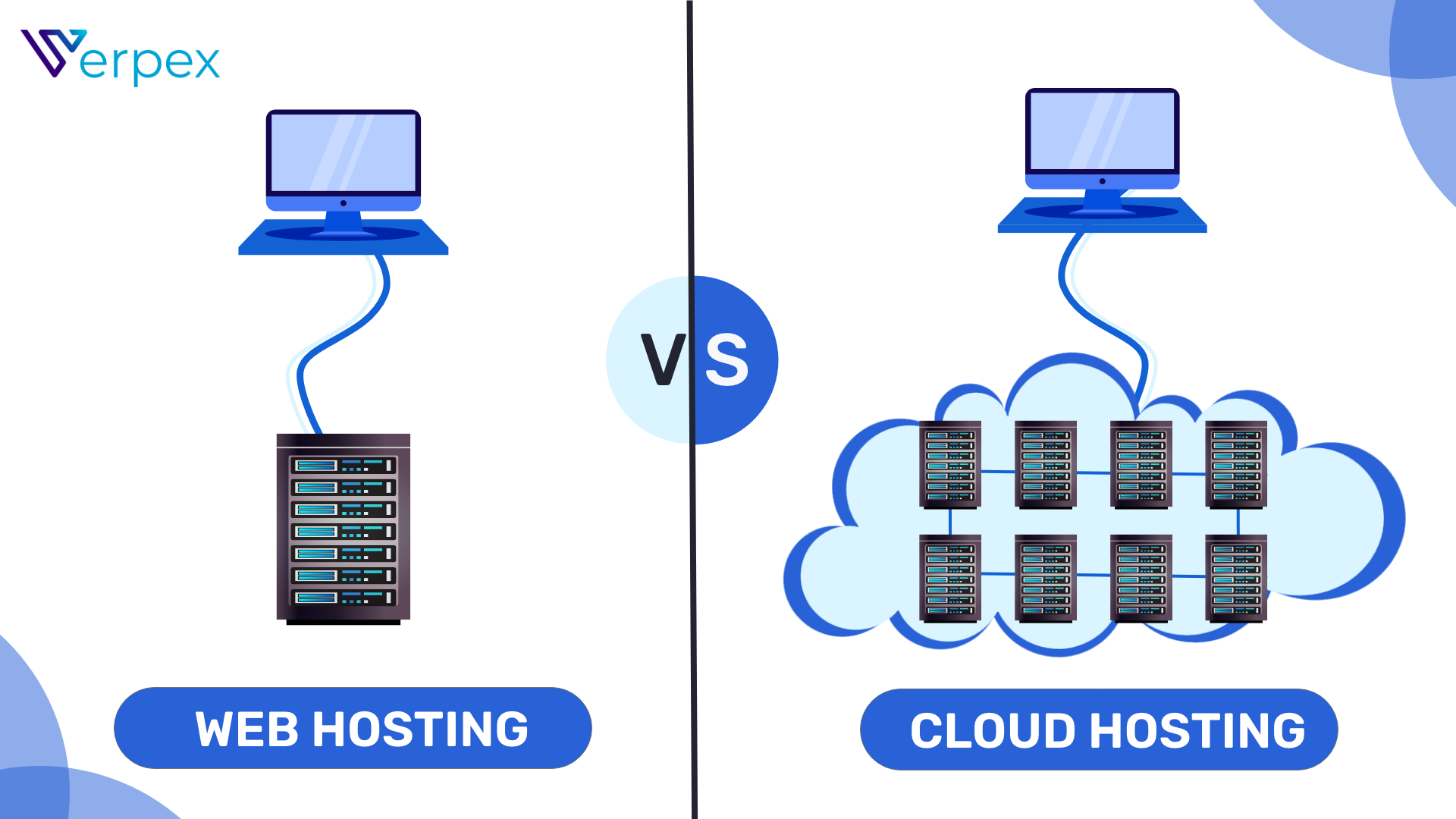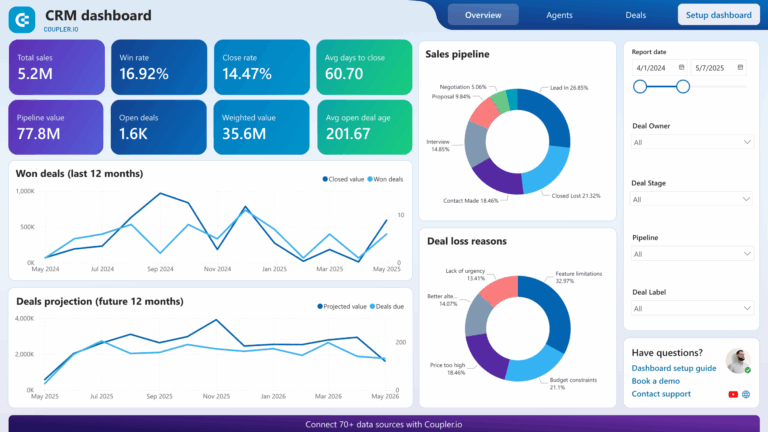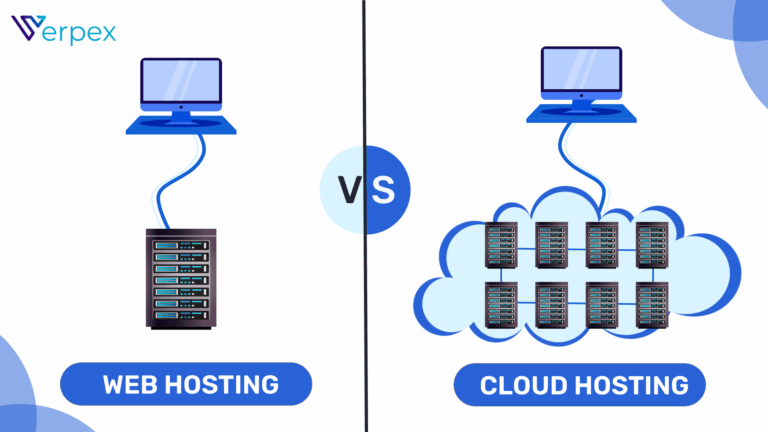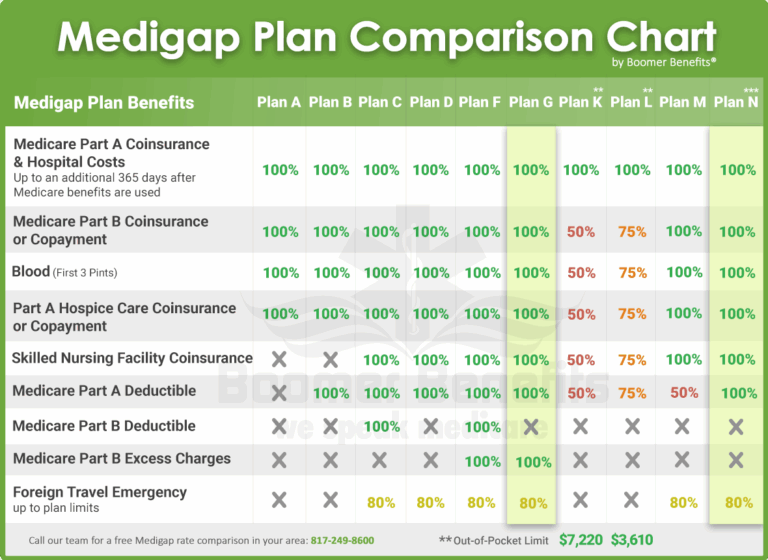Choosing a Good Website Hosting Provider: Our Top Picks for 2025
Choosing Your Digital Home: An Introduction to Web Hosting
Choosing the right web hosting is a critical foundation for any successful website. Whether you are a small business owner, a blogger, or a developer, the performance, reliability, and features of your hosting provider can significantly impact your online presence. With an overwhelming array of options ranging from shared hosting to dedicated servers, it’s easy to feel confused or even paralyzed by the choices available. This guide aims to cut through the noise and provide a clear path to selecting the best web hosting service for your needs.
Understanding the Importance of Web Hosting
Web hosting is not just a technical necessity; it is the backbone of your online business. A reliable hosting service ensures that your website is accessible to visitors at all times, which is crucial for maintaining customer trust and engagement. Factors such as speed, uptime, security, and customer support can make or break your website’s performance and, by extension, your business’s success. Therefore, making an informed choice about your web hosting provider is essential.
The Challenge of Choice
For many, the journey begins with a simple question: “What type of hosting do I need?” The answer can vary significantly based on your goals, budget, and technical expertise. Do you require shared hosting, which is cost-effective but may limit performance? Or is a virtual private server (VPS) a better fit for your growing traffic demands? Each hosting type comes with its own advantages and drawbacks, contributing to the overall confusion.
Our Guide’s Purpose
This comprehensive guide is designed to be your one-stop resource for understanding web hosting. We will explore various types of hosting services, from shared and VPS to cloud and dedicated hosting, outlining their pros and cons. Additionally, we will compare top providers to help you identify which one aligns best with your specific requirements. By breaking down the complexities of web hosting, our goal is to empower you to make an informed choice that supports your website’s growth and success.
Key Takeaways
Arming yourself with knowledge about web hosting is the first step toward establishing a strong online presence. With the right guidance, you can navigate through the myriad of options and select a hosting solution that not only meets your current needs but also scales as your website evolves. Let’s dive into the world of web hosting and find the perfect digital home for your website.
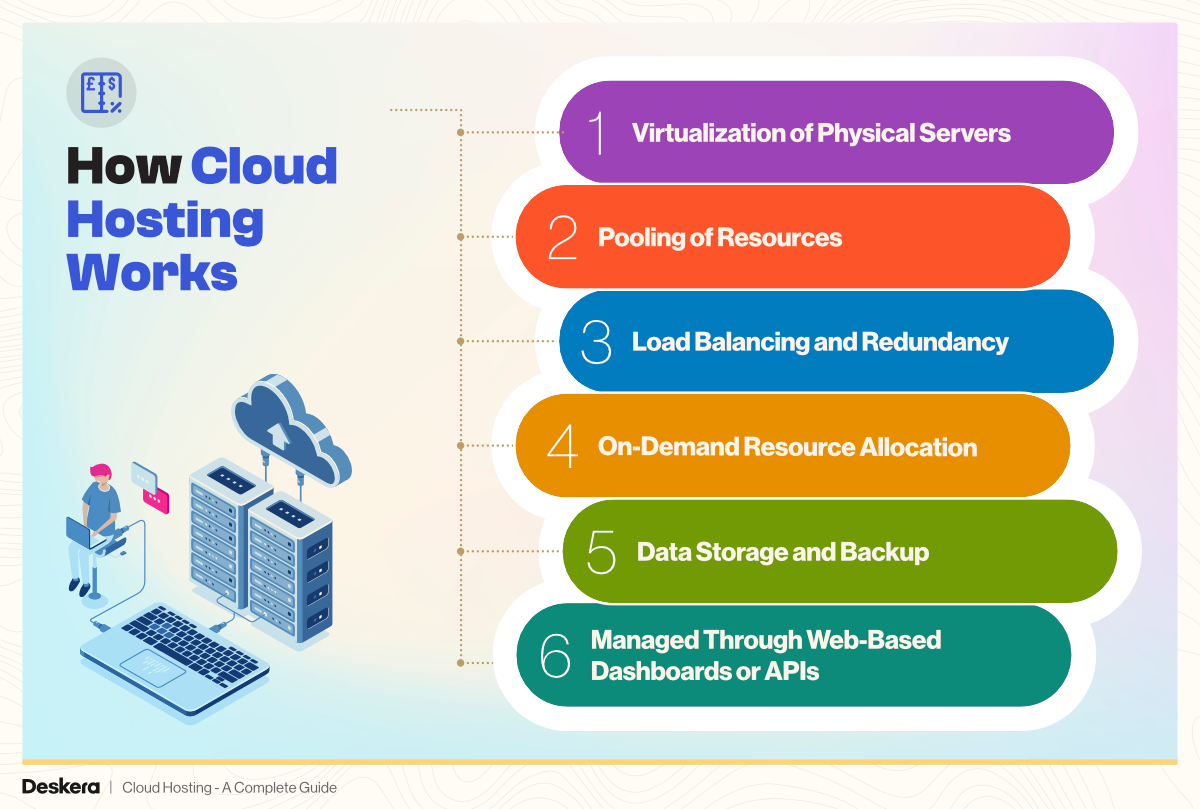
The Best Good Website Hosting Providers of 2025
20 Reasons to Choose Hosting.com for Lightning-Fast Web Hosting!
Hosting.com offers top-tier web hosting services designed for speed and reliability, boasting performance enhancements that promise up to 20x faster loading times. With premium hardware and round-the-clock global support, it caters to businesses seeking robust solutions for their online presence. Additionally, the risk-free trial and money-back guarantee make it an attractive option for those looking to test the service without commitment.
- Website: hosting.com
- Company Age: Approx. 29 years (domain registered in 1996)
5. Hostinger – Speed Meets Security for Your Website!
Hostinger stands out as a top choice for web hosting, particularly for users seeking a fast and secure platform. With its impressive performance metrics, it excels in delivering reliable service, making it ideal for both beginners and experienced website owners. Hostinger offers affordable plans, including optimized options for WordPress hosting, ensuring that users can build and maintain their sites without compromising on speed or security.
- Website: hostinger.com
- Company Age: Approx. 23 years (domain registered in 2002)
7 Reasons Why Bluehost is a Top Choice for Web Hosting!
Bluehost is a versatile web hosting provider that caters primarily to WordPress users, offering a range of affordable plans that include a free domain name for the first year. With features like one-click WordPress installation, robust performance, and 24/7 customer support, Bluehost is ideal for beginners and small businesses looking to establish an online presence without breaking the bank. Its user-friendly interface simplifies website management, making it a popular choice for those new to web development.
- Website: bluehost.com
- Company Age: Approx. 23 years (domain registered in 2002)
What is Web Hosting? A Plain English Guide
Web hosting is a fundamental service that allows individuals and businesses to make their websites accessible on the internet. Think of it as renting a space to build your house. Just like a house needs a physical location to stand, a website needs a server to live on. Here’s a breakdown of what web hosting entails, how it works, and why it’s essential for anyone looking to establish an online presence.
What is a Server?
A server is essentially a powerful computer that stores all the files, data, and information that make up your website. When you create a website, you’re essentially building a collection of files that include text, images, videos, and other media. These files need to be stored somewhere so that they can be accessed by visitors when they type in your website’s address.
Imagine you’ve built a beautiful house (your website) with rooms (the various pages and content). The server acts as the land on which your house is built, providing the necessary support and infrastructure. Just like a piece of land can vary in size, quality, and location, servers come in different types, specifications, and capabilities. Some servers are designed to handle a small number of visitors (like a cozy cottage), while others are built for heavy traffic (like a large mansion).
When someone types your website’s address into their browser, their device sends a request to the server where your site is hosted. The server then retrieves the required files and sends them back to the user’s browser, allowing them to view your site.
How Do Domains and Hosting Connect?
To understand how domains and hosting work together, think of your website’s domain name as the address of your house. Just like you need a physical address to locate a home, a domain name is necessary for visitors to find your website on the internet. For example, www.yourbusiness.com is a domain name.

When you purchase a domain name, you’re essentially claiming your unique address on the internet. However, having a domain name alone isn’t enough. You also need a hosting service to store your website files.
Here’s how they connect:
-
Domain Registration: First, you register your domain name with a domain registrar. This is like obtaining an address for your house.
-
Hosting Service: Next, you sign up for a web hosting service, which provides the space on a server for your website files. This is akin to renting land where your house will be built.
-
Linking Them Together: To connect your domain to your hosting, you configure your domain settings to point to your server’s IP address. This tells the internet where to find your website files. When someone types your domain name into their browser, the request is directed to the server hosting your site, allowing them to view your content.
Why Do I Need a Hosting Service?
In today’s digital landscape, having a website is crucial for small businesses, bloggers, developers, and anyone looking to establish an online presence. Here are some reasons why you need a hosting service:
-
Accessibility: A hosting service ensures that your website is accessible to visitors around the clock. Without hosting, your website would not be available on the internet.
-
Performance: Good hosting services offer reliable servers that can handle traffic efficiently. This means your website will load quickly and function properly, providing a better experience for your visitors.
-
Support: Many hosting providers offer technical support to help you with any issues you might encounter. This is especially beneficial for those who may not have extensive technical knowledge.
-
Security: Web hosting services often provide security features to protect your website from cyber threats. This includes SSL certificates, firewalls, and regular backups, ensuring your data is safe.
-
Scalability: As your website grows, you may need more resources to handle increased traffic. Most hosting providers offer different plans that allow you to scale up as needed, much like how you might expand your house as your family grows.
-
Cost-Effective: With various hosting options available, you can find a plan that fits your budget. Whether you’re just starting with a simple blog or running a complex eCommerce site, there’s a hosting solution for everyone.
In conclusion, web hosting is a vital component of creating and maintaining a website. It provides the necessary infrastructure, support, and security to ensure that your online presence is effective and accessible. By understanding how web hosting works, you can make informed decisions about the right hosting service for your needs.
Types of Web Hosting: A Detailed Comparison
| Hosting Type | Best For | Performance | Price Range | Key Pro | Key Con |
|---|---|---|---|---|---|
| Shared Hosting | Beginners, small websites | Moderate, shared resources | $2.49 – $15/month | Cost-effective and easy to use | Limited resources, slower performance |
| VPS Hosting | Growing websites, developers | High, dedicated resources | $20 – $100/month | More control and customization | Higher cost than shared hosting |
| Dedicated Server Hosting | Large businesses, high traffic | Excellent, full resource allocation | $80 – $500+/month | Complete control over the server | Expensive and requires technical knowledge |
| Cloud Hosting | Scalability, varying traffic | High, scalable resources | $10 – $300/month | Pay for what you use, flexible | Can be complex to manage |
| Managed WordPress Hosting | WordPress users, bloggers | Optimized for WordPress performance | $20 – $100/month | Hassle-free management | Limited to WordPress sites |
Shared Hosting
What it is:
Shared hosting is the most basic type of web hosting where multiple websites are hosted on a single server. Each site shares the server’s resources, including CPU, RAM, and disk space. This makes it an affordable option for individuals and small businesses.
Who should use it:
Shared hosting is ideal for beginners, personal websites, small blogs, and small businesses that do not expect high traffic volumes. It’s also suitable for users who want a simple and cost-effective way to get their site online without needing technical expertise.
Pros:
– Cost-Effective: Shared hosting plans are typically the most affordable, making them accessible for those on a tight budget.
– Ease of Use: Most shared hosting providers offer user-friendly control panels and one-click installations, making it easy for beginners to set up and manage their sites.
– Support: Many providers offer customer support, which can help users troubleshoot issues without needing technical knowledge.
Cons:
– Limited Resources: Since resources are shared among multiple sites, performance can be affected during peak traffic times or if another site on the server uses excessive resources.
– Lower Performance: Loading speeds may be slower compared to other hosting types, especially as your site grows and attracts more visitors.
– Less Control: Users have limited control over server settings, which can be a drawback for developers or advanced users who need specific configurations.
VPS Hosting
What it is:
VPS (Virtual Private Server) hosting provides a middle ground between shared hosting and dedicated server hosting. A single physical server is divided into multiple virtual servers, each with its own allocated resources. This setup allows for greater control and customization.
Who should use it:
VPS hosting is ideal for growing websites, online stores, or developers who need more control and flexibility than shared hosting can provide. It’s suitable for businesses that expect moderate to high traffic and require better performance and reliability.
Pros:
– Dedicated Resources: Each VPS account has its own resources (CPU, RAM), which means better performance and reliability compared to shared hosting.
– Customization: Users can configure their server environment, install custom software, and have root access, allowing for greater flexibility.
– Scalability: VPS hosting can easily scale as your website grows, allowing you to upgrade resources without migrating to a new server.
Cons:
– Higher Cost: VPS hosting is more expensive than shared hosting, which might be a consideration for budget-conscious users.
– Technical Knowledge Required: Users need a certain level of technical knowledge to manage and configure their VPS, which might not be suitable for beginners.
– Maintenance Responsibility: While some VPS providers offer managed services, users may need to handle server maintenance and updates.
Dedicated Server Hosting
What it is:
Dedicated server hosting provides an entire server dedicated to a single user or organization. This type of hosting offers maximum performance, control, and security, as users do not share server resources with anyone else.
Who should use it:
Dedicated server hosting is best suited for large businesses, high-traffic websites, and applications that require significant resources, such as gaming servers or data-intensive applications. It’s also ideal for users with specific compliance and security requirements.
Pros:
– Complete Control: Users have full control over their server environment, including the ability to configure the server to meet specific needs.
– High Performance: Dedicated servers provide the best performance as all resources are allocated to one user, ensuring fast loading times and reliability.
– Enhanced Security: With no other users on the server, dedicated hosting offers improved security and privacy, making it suitable for sensitive data and applications.
Cons:
– High Cost: Dedicated server hosting is the most expensive type of hosting, which may not be feasible for smaller businesses or personal sites.
– Technical Expertise Needed: Managing a dedicated server requires technical knowledge and experience, which can be a barrier for some users.
– Maintenance Responsibility: Users are typically responsible for server maintenance, updates, and security, which can be time-consuming.
Cloud Hosting
What it is:
Cloud hosting utilizes a network of interconnected servers (the cloud) to host websites. This type of hosting allows for resources to be distributed across multiple servers, providing scalability and redundancy.
Who should use it:
Cloud hosting is ideal for businesses with fluctuating traffic, eCommerce sites, and applications requiring high availability. It is also suitable for users who expect rapid growth and need a flexible hosting solution that can adapt to changing needs.
Pros:
– Scalability: Resources can be easily scaled up or down based on traffic demands, allowing businesses to pay only for what they use.
– High Availability: Cloud hosting offers redundancy, meaning if one server fails, the website can be served from another server, minimizing downtime.
– Cost-Effective: Users can choose plans that fit their budget and scale resources as needed, avoiding overpaying for unused capacity.
Cons:
– Complexity: Managing a cloud hosting environment can be more complex than shared or VPS hosting, requiring some technical knowledge.
– Variable Costs: While it can be cost-effective, unpredictable traffic spikes can lead to higher monthly bills if not monitored carefully.
– Dependence on Internet Connectivity: Since cloud hosting relies on the internet, any connectivity issues can impact website performance.
Managed WordPress Hosting
What it is:
Managed WordPress hosting is a specialized hosting service designed specifically for WordPress websites. It includes features tailored to enhance the performance, security, and management of WordPress sites.
Who should use it:
Managed WordPress hosting is perfect for bloggers, small businesses, and anyone running a WordPress site who wants hassle-free management and optimized performance without dealing with technical details.
Pros:
– Optimized Performance: Managed hosting providers optimize their servers specifically for WordPress, resulting in faster loading times and improved performance.
– Automatic Updates: Providers typically handle core updates, security patches, and backups, allowing users to focus on content creation rather than technical maintenance.
– Enhanced Security: Managed WordPress hosting often includes additional security features like malware scanning, firewalls, and SSL certificates.
Cons:
– Higher Cost: Managed WordPress hosting is generally more expensive than standard shared hosting, which may be a consideration for budget-conscious users.
– Limited to WordPress: This type of hosting is exclusive to WordPress sites, meaning users cannot host other types of websites or applications on the same account.
– Less Control: Some users may find the limited access to server settings and configurations restrictive, particularly if they require custom setups.
In conclusion, selecting the right type of web hosting depends on your specific needs, technical expertise, and budget. By understanding the differences between shared, VPS, dedicated, cloud, and managed WordPress hosting, you can make an informed decision that aligns with your goals and resources.
How to Choose a Hosting Provider: A 5-Point Buyer’s Guide
Performance and Uptime
Why It Matters
Performance and uptime are crucial for any website. A reliable hosting provider ensures that your site is accessible and loads quickly, which directly impacts user experience, SEO rankings, and conversion rates. Downtime can lead to lost revenue and damage to your brand’s reputation.
What to Look For
– Uptime Guarantee: Most reputable hosts offer an uptime guarantee of at least 99.9%. This means that your website should be down for no more than a few hours a year. Check for any compensation policies if the uptime falls below this threshold.
– Server Performance: Look for hosts that use SSD (Solid State Drives) rather than traditional HDDs, as SSDs provide faster data access speeds. Additionally, inquire about the server locations; having servers closer to your target audience can improve loading times.
– Load Times: Research independent reviews or performance tests to gauge the average load times of the host’s servers. A good host should consistently deliver fast response times, ideally under 200 milliseconds.
– Content Delivery Network (CDN): Some hosting providers include a CDN, which distributes your website’s content across multiple servers around the world. This not only enhances speed but also improves performance during traffic spikes.
Customer Support
Why It Matters
Even the most user-friendly hosting platforms can encounter issues. Prompt and knowledgeable customer support can save you time and reduce stress when things go wrong. Look for a host that provides multiple channels of support, such as live chat, email, and phone.
What to Look For
– Availability: Check the support hours. Ideally, 24/7 support is preferable, especially if your business operates outside of regular business hours.
– Response Time: Research reviews to determine how quickly the host responds to support inquiries. Response times can vary widely and can significantly impact your ability to resolve issues.
– Expertise: The quality of support staff is as important as their availability. Look for reviews that mention the helpfulness and technical knowledge of the support team.
– Self-Help Resources: A good host should offer comprehensive knowledge bases, tutorials, and community forums. This can help you resolve minor issues without needing to contact support.
Pricing and Renewal Rates
Why It Matters
While it’s tempting to choose a host based solely on the initial price, it’s essential to consider the long-term costs. Many providers offer low introductory rates that increase significantly upon renewal. Understanding the pricing structure will help you avoid surprises.
What to Look For
– Initial vs. Renewal Pricing: Always check the renewal rates after the initial contract period. A provider may offer a low starting price but charge exorbitantly when it comes time to renew. Be sure to factor this into your budget.
– Hidden Fees: Read the fine print to uncover any hidden fees, such as charges for domain registration, email accounts, or SSL certificates.
– Money-Back Guarantee: A solid money-back guarantee (typically 30 days) can provide peace of mind, allowing you to test the service without committing long-term.
– Discounts and Promotions: Some hosts offer discounts for longer-term commitments (e.g., yearly vs. monthly). Weigh these options against your needs and budget.
Security Features (SSL, Backups)
Why It Matters
Security is paramount for any website, particularly if you handle sensitive information like customer data or payment details. A secure site builds trust with users and can prevent costly data breaches.
What to Look For
– SSL Certificates: An SSL (Secure Sockets Layer) certificate encrypts data transferred between the user and the server. Look for hosts that offer free SSL certificates or include them as part of their hosting plans.
– Daily Backups: Regular backups are essential for recovering your site in case of data loss or security breaches. Ensure that the host offers daily backups and check how easy it is to restore your site from a backup.
– Security Features: Look for additional security measures such as malware scanning, firewalls, DDoS protection, and automated security updates. These features can significantly enhance your site’s security posture.
– Privacy Policies: Understand the host’s privacy policies regarding data storage and handling. Look for providers that comply with regulations such as GDPR if you have users in the EU.
Scalability and Future Growth
Why It Matters
As your website grows, your hosting needs may change. Choosing a provider that can scale with your business can save you the hassle and cost of migrating to a new host later on.
What to Look For
– Variety of Plans: Look for a host that offers a range of plans, including shared, VPS, and dedicated hosting. This variety allows you to start small and upgrade as your traffic and resource needs increase.
– Resource Allocation: Check how easy it is to upgrade your plan or add resources (e.g., storage, bandwidth) without significant downtime or hassle.
– Performance Under Load: Research how the host performs during high traffic periods. Providers that can handle traffic spikes without slowdowns or downtime are better suited for growing businesses.
– Future-Proof Features: Consider whether the host offers features that can help you grow, such as integrated eCommerce tools, marketing credits, or SEO tools.
Conclusion
Choosing the right hosting provider is a critical decision that can affect your website’s performance, security, and overall success. By considering factors such as performance and uptime, customer support, pricing and renewal rates, security features, and scalability, you can make an informed choice that meets your current needs and supports your future growth. Take your time to research and compare different hosting options to find the best fit for your website.
Key Hosting Terms and Jargon Explained
cPanel
cPanel is a web-based control panel that provides an interface and automation tools designed to simplify the management of web hosting accounts. It allows users to manage their websites, databases, email accounts, and files through an intuitive graphical interface rather than using command-line interfaces.
Key Features of cPanel:
- File Management: Users can upload, delete, and organize files through a file manager.
- Email Management: Create and manage email accounts associated with the domain.
- Database Management: Tools like phpMyAdmin enable users to manage MySQL databases.
- Domain Management: Users can add subdomains, parked domains, and redirects.
- Software Installation: One-click installers for popular applications (like WordPress) streamline website setup.
cPanel is commonly used in shared hosting environments, making it easier for small business owners and bloggers to manage their websites without needing extensive technical knowledge.
SSL Certificate
An SSL (Secure Sockets Layer) certificate is a digital certificate that authenticates the identity of a website and encrypts information sent to the server. It is crucial for securing online transactions and protecting sensitive data, such as credit card information and personal details.
Importance of SSL Certificates:
- Data Encryption: SSL encrypts data exchanged between users and the website, preventing eavesdropping.
- Trust Indicator: Websites with SSL certificates display “https://” in their URLs and often show a padlock icon, indicating security to users.
- SEO Benefits: Search engines like Google favor websites with SSL certificates, potentially improving search rankings.
- Compliance: Many regulations require SSL for websites that handle personal data, ensuring compliance with standards like GDPR.
Bandwidth and Data Transfer
Bandwidth refers to the maximum amount of data that can be transferred over an internet connection in a given amount of time, typically measured in bits per second (bps). Data transfer, on the other hand, is the actual amount of data that has been transmitted over a specific period, often measured in gigabytes (GB).
Understanding Bandwidth and Data Transfer:
- Bandwidth: Think of bandwidth as the width of a highway; a wider highway can accommodate more vehicles simultaneously. Higher bandwidth allows more data to flow at once, which is crucial for websites with high traffic.
- Data Transfer: This is analogous to the total number of vehicles that pass through the highway over a month. Web hosting plans often specify a limit on data transfer (e.g., 1TB/month), and exceeding this limit can result in additional charges or throttled speeds.
Storage (SSD vs. HDD)
Storage refers to the type of data storage technology used by a web hosting provider to store website files, databases, and other digital assets. The two most common types of storage are Solid State Drives (SSD) and Hard Disk Drives (HDD).
SSD (Solid State Drives):
- Speed: SSDs are significantly faster than HDDs, leading to quicker loading times for websites.
- Durability: With no moving parts, SSDs are less prone to mechanical failure and are more reliable.
- Performance: Better performance for websites with high traffic, as they can handle more requests simultaneously.
HDD (Hard Disk Drives):
- Cost-Effective: Generally, HDDs are cheaper per gigabyte than SSDs, making them suitable for budget hosting.
- Storage Capacity: HDDs often provide larger storage capacities, which can be beneficial for websites with large amounts of data.
- Slower Speeds: HDDs are slower in terms of data access and transfer speeds compared to SSDs.
Domain Name System (DNS)
The Domain Name System (DNS) is a system that translates human-readable domain names (like www.example.com) into IP addresses (like 192.0.2.1) that computers use to identify each other on the network. DNS acts as the “phonebook” of the internet, allowing users to access websites using easy-to-remember names instead of numerical IP addresses.
How DNS Works:
- DNS Query: When you enter a domain name in your browser, a DNS query is sent to a DNS server to find the corresponding IP address.
- Resolution: The DNS server looks up the domain name and returns the IP address to your browser.
- Connection: Your browser uses the IP address to connect to the web server hosting the website.
Understanding DNS is essential for managing a website, as it affects how users can access your site and how you configure your domain settings.
Uptime
Uptime refers to the amount of time a web hosting server is operational and accessible to users. It is usually expressed as a percentage, indicating the reliability and availability of a hosting service. For example, 99.9% uptime means that the server is expected to be down for only about 43 minutes in a month.
Importance of Uptime:
- Website Availability: High uptime ensures that your website is accessible to visitors at all times, which is crucial for business operations and user experience.
- SEO Impact: Search engines favor websites that are consistently available, impacting search engine rankings.
- Trust and Reliability: Websites with high uptime rates build trust with users, as they can rely on the site being available when needed.
Most reputable hosting providers offer uptime guarantees, and it’s essential to consider this metric when choosing a web hosting service.
Frequently Asked Questions (FAQs)
1. Can I host my own website?
Yes, you can host your own website by setting up a server on your own computer or using a dedicated server at a data center. However, this requires technical knowledge and resources. For most small business owners and individuals, using a web hosting service is more practical, as they offer reliability, technical support, and easier management.
2. How much should I pay for hosting?
The cost of web hosting varies widely based on the type of hosting you need and the features included. Basic shared hosting can start as low as $2.49 per month, while more advanced options like VPS or dedicated hosting can range from $15 to several hundred dollars per month. It’s essential to assess your website’s needs and budget to determine the right plan for you.
3. What’s the difference between a domain and hosting?
A domain is your website’s address on the internet (e.g., www.example.com), while hosting is the service that stores your website’s files and makes them accessible on the internet. You need both to have a functioning website; the domain points users to your hosted files.
4. What types of web hosting are available?
There are several types of web hosting services available, including:
– Shared Hosting: Multiple websites share the same server resources, making it cost-effective for small sites.
– VPS Hosting: A virtual private server offers dedicated resources within a shared environment, providing better performance and control.
– Dedicated Hosting: You have an entire server to yourself, ideal for high-traffic websites.
– Cloud Hosting: Resources are spread across multiple servers, providing scalability and reliability.
– Managed Hosting: The hosting provider takes care of server management, security, and backups, allowing you to focus on your website.
5. What factors should I consider when choosing a hosting provider?
When selecting a hosting provider, consider the following factors:
– Performance: Look for uptime guarantees and speed.
– Support: Ensure they offer 24/7 customer support through various channels.
– Scalability: Choose a provider that allows you to upgrade your plan easily as your website grows.
– Security: Check for features like SSL certificates, firewalls, and regular backups.
– Cost: Evaluate the pricing structure, including renewal rates and any additional fees.
6. How do I migrate my website to a new hosting provider?
Migrating your website typically involves the following steps:
1. Backup your website files and database from the current host.
2. Select a new hosting provider and set up your account.
3. Upload your website files and import the database to the new server.
4. Update your domain’s DNS settings to point to the new host.
5. Test your website to ensure everything is functioning correctly.
Many hosting providers offer migration services to assist with this process.
7. What is a money-back guarantee in web hosting?
A money-back guarantee is a promise from the hosting provider that allows you to cancel your hosting plan within a specified period (usually 30 to 60 days) for a full refund. This gives you the opportunity to test their services without risk, ensuring that you can find a hosting solution that meets your needs.
8. How do I know if my website needs more resources?
Signs that your website may need more resources include:
– Slow loading times: If your pages take too long to load, it may be due to insufficient server resources.
– Frequent downtime: If your website is often unavailable, it could indicate that your hosting plan can’t handle your traffic.
– Increased traffic: If you experience a surge in visitors, you may need to upgrade your hosting to accommodate the additional load.
– Limitations on storage or bandwidth: If you frequently hit resource limits set by your current plan, it may be time to consider a more robust hosting solution.
Conclusion: Making Your Final Decision
Understanding Your Unique Hosting Needs
Choosing the right web hosting service is not a one-size-fits-all decision; it largely depends on your individual needs, including your budget, expected traffic, and technical expertise. For small business owners, bloggers, and developers, these factors play a crucial role in determining which hosting provider will best suit your goals.
Key Considerations for Your Decision
-
Budget: Determine how much you can afford to spend on hosting. While some services may offer enticing introductory rates, be mindful of renewal costs and any additional fees that may arise.
-
Traffic Expectations: Assess the anticipated volume of visitors to your website. If you expect high traffic, consider hosts with robust infrastructure that can handle increased loads without compromising performance.
-
Technical Skill Level: If you’re not particularly tech-savvy, look for hosts that offer user-friendly interfaces and excellent customer support. Managed hosting services can alleviate the burden of technical management, allowing you to focus on your content or business.
Essential Features to Evaluate
When evaluating potential hosting providers, prioritize the following factors:
-
Support: Reliable customer support is invaluable, especially if you encounter issues. Look for hosts known for their responsive and knowledgeable support teams.
-
Uptime Guarantee: Your website’s availability is critical. Choose a provider that offers a strong uptime guarantee, ideally 99.9% or higher, to ensure your site remains accessible to visitors.
-
Scalability: As your project grows, your hosting needs may change. Select a host that allows for easy upgrades or resource adjustments to accommodate increased traffic or enhanced features.
Start Your Journey with Confidence
Ultimately, the best web hosting service for you will align with your specific needs and objectives. Take the time to assess your requirements, compare your options, and don’t hesitate to reach out to support teams for clarification. With the right hosting provider, you can embark on your web project with confidence, knowing you have a solid foundation to build upon. Start today, and let your ideas take flight!
Important Disclaimer
⚠️ Important Disclaimer
The information and reviews in this guide are for educational purposes, based on publicly available data and our own analysis. We are not affiliated with any hosting providers mentioned. Features, pricing, and performance change frequently. Always conduct your own research and check the provider’s official website before making a purchase.
